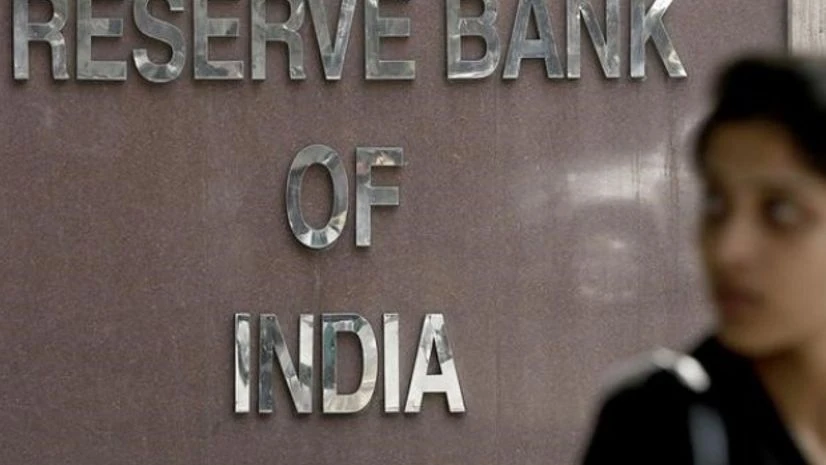India's power reforms are likely to put pressure on state governments' budgets, potentially forcing them to cut spending needed to support economic growth, the Reserve Bank of India (RBI) said in a report on Thursday.
States could find themselves deviating from the path of fiscal consolidation as they take on an additional interest burden from debt tied to state utilities.
Read more from our special coverage on "RBI"
A government plan announced in November provides for states participating in the programme to convert up to 75 percent of the Rs 4.3 lakh crore ($64.6-billion) loans and debt held by their utilities into bonds, and assume all interest payments and redemptions.
Such a process "would considerably reduce the fiscal space of states, which might lead to curtailment of capital expenditure with an adverse impact on growth," the RBI said in its report on state finance.
So far 15 of 29 states have joined the government's so-called Ujwal Discom Assurance Yojana (UDAY) plan.
The RBI urged states to cut "unproductive" expenditure and boost non-tax revenues to improve the quality of fiscal consolidation.
The state government cash surplus stood at Rs 1.88 lakh crore by the end of March, the central bank said.
More From This Section
The estimated combined fiscal deficit of states would fall to 2.4 percent of gross domestic product in the financial year ending in March 2016 from 2.9 percent the year before, the RBI said.
But it forecast a sharp cut in the small savings rate announced by the government would increase states' market borrowing, as the proceeds from these deposits were shared between the central government and the states.
($1=66.5300 Indian rupees)

)
